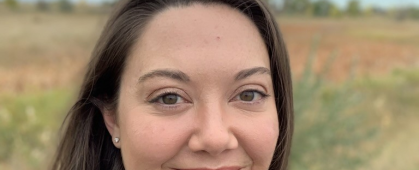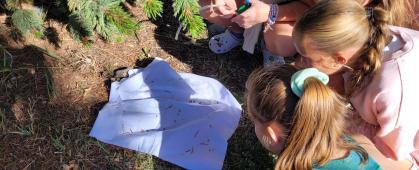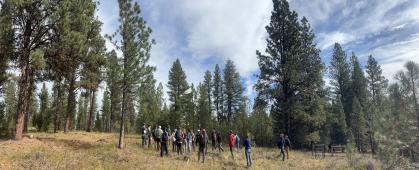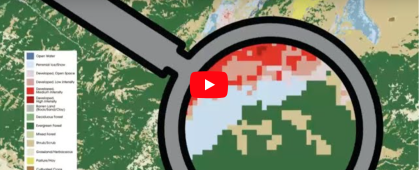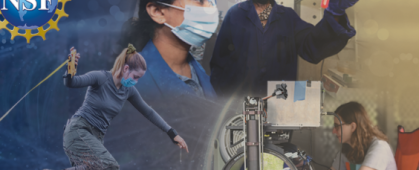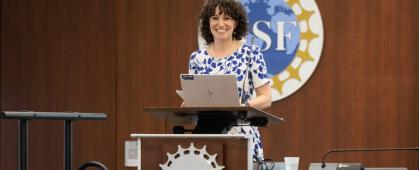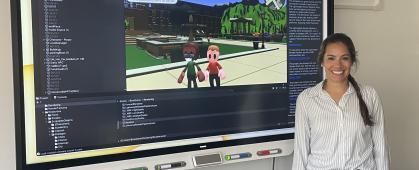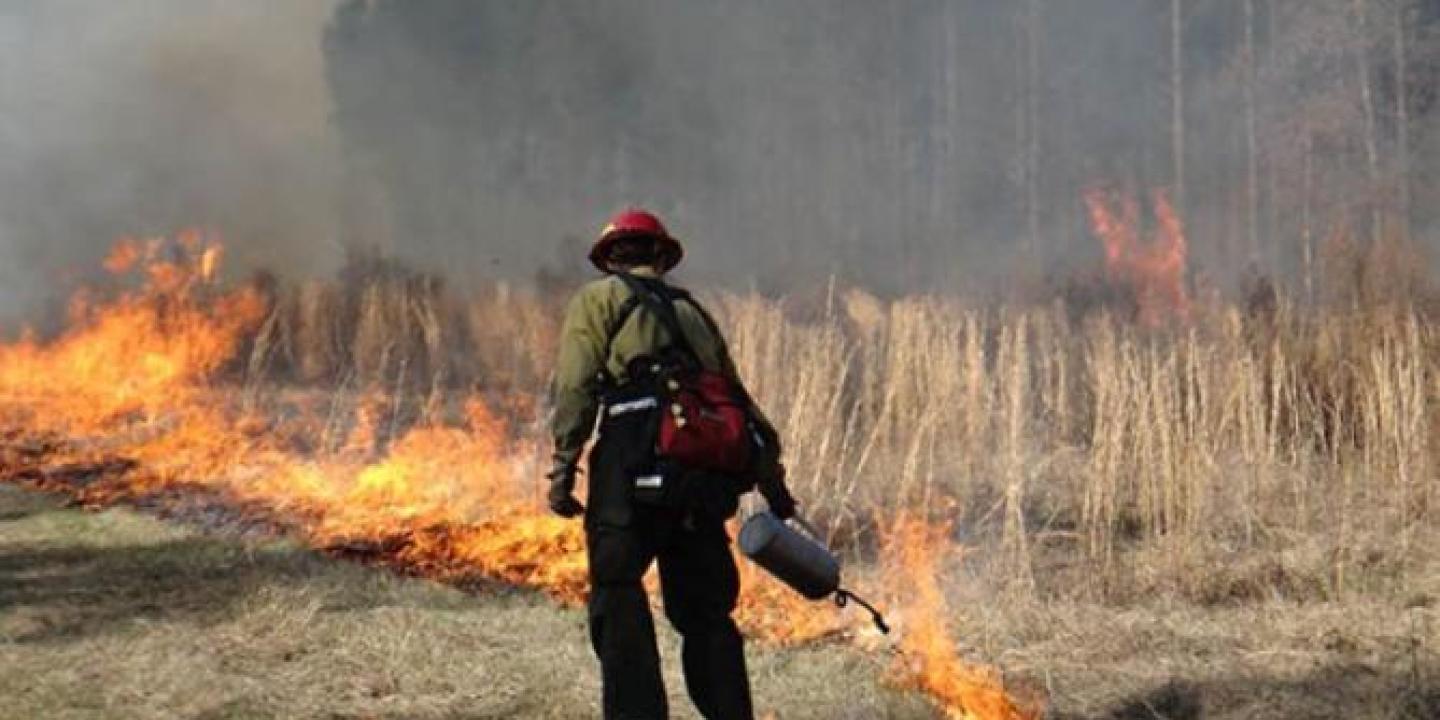
SMART FIRES RII Track-1 Project
Wildfire plays a vital role in Montana’s diverse ecosystems but also poses a growing threat to Montanans’ health, safety, and livelihoods. The National Science Foundation’s EPSCoR program is supporting a research and education project to understand and improve the use of prescribed fire to manage wildfire and its impacts in our state. Researchers from Montana universities and colleges are working with state agencies, private companies, and non-profit organizations to develop technologies, partnerships, and educational opportunities that strengthen our ability to prevent, respond to, and live with wildfire.
Prescribed fire research to better understand fire smoke and predict wildfire emissions and air quality impacts.
Smart lidar and imaging sensor technologies to understand prescribed fire fuels and smoke.
Studying Montanans’ responses to wildfire and prescribed fire to help inform fire management decisions.
AIML methods to support fire decision making, mitigate risk, and improve communication with fire managers and community stakeholders.
